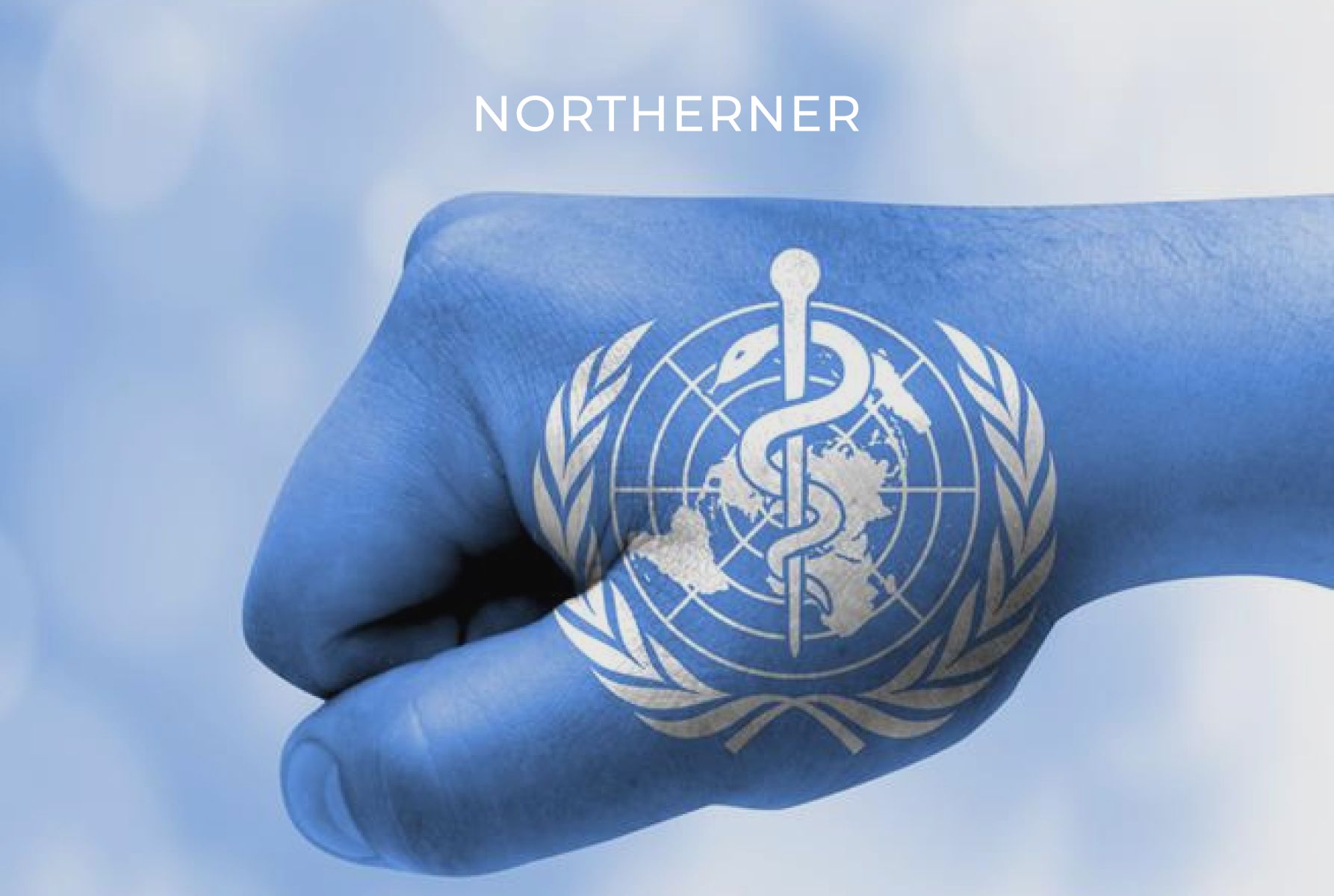New Global Report: Smoking Causes More Deaths Annually Than COVID-19
In a startling revelation, the latest report from The Global State of Tobacco Harm Reduction (2024) exposes a grim reality: the global smoking epidemic claims over 8.9 million lives each year – far exceeding the toll of COVID-19. This urgent public health crisis is especially pronounced in low- and middle-income countries, where smoking has become a leading cause of non-communicable diseases, unnecessarily endangering lives. We believe it's time to confront this ongoing threat head-on.
Despite decades of efforts to reduce tobacco use, smoking remains a significant health threat. The report emphasizes that Tobacco Harm Reduction (THR) is a crucial strategy to save lives and lessen the harm associated with smoking. Markus Lindblad, Head of Communications at Northerner, points out something striking:
According to the World Health Organization (WHO), nearly 7 million people have died from COVID-19 globally. While that number is staggering, it pales in comparison to the nearly 9 million who lose their lives each year due to smoking. Why don’t WHO and national health authorities act more decisively against this ongoing threat? Why do they continue to stick with prohibition policies that clearly aren’t effective?
What’s the Deal with Tobacco Harm Reduction?
So, what does Tobacco Harm Reduction really mean? It refers to providing safer alternatives for nicotine consumption to lower the health risks linked to traditional cigarettes and other combustible tobacco products. Safer Nicotine Products (SNPs) – like vapes, snus, nicotine pouches, and heated tobacco products – are designed to significantly reduce the harmful effects of smoking. In fact, these non-combustible products are considered up to 95% less harmful than regular cigarettes.
Lindblad emphasizes the success of this approach, pointing to Sweden’s long tradition with snus and nicotine pouches, where smoking rates have dropped to just over 5%, compared to the European average of 25%.
Can Vaping Really Help You Quit Smoking?
The report also highlights that scientific studies show SNPs have great potential in reducing smoking-related deaths. For instance, vaping has proven to be more effective for quitting smoking than traditional Nicotine Replacement Therapy (NRT).
The Global Challenge: Navigating Tobacco Regulations
Despite these successes, tobacco harm reduction faces serious challenges. Regulations differ widely from one country to another, and some governments even ban SNPs, overlooking their possible health benefits. The rise of the illicit market for nicotine products adds another layer of complexity, undermining safety standards.
“We’re seeing more governments banning flavored products – Spain is the latest to propose such a move,” Lindblad points out. “The more countries that choose this path, the greater the risk of widespread prohibitions in the future. That could have dire consequences for public health. Bans don’t stop people from using what they want; they just fuel the black market.”
Working Together for a Smoke-Free Future
Looking ahead, the report stresses the need to make SNPs accessible, affordable, and acceptable worldwide. To expedite the shift away from cigarettes, cooperation between public health authorities and the industry is essential. By promoting policies that encourage innovation and competition, we can pave the way for a quicker transition to a smoke-free future.
“You need to give people something they actually want to use if you want to empower and support them to quit smoking,” Lindblad asserts. “The more options smokers have, the more likely they are to explore these products, find one that works for them, and quit smoking altogether. This report confirms that this is the only effective way to tackle this ongoing epidemic.”
A Game-Changer: How Tobacco Harm Reduction Can Save Lives
The global movement toward tobacco harm reduction has the potential to change how we view smoking and save millions of lives. With the right strategies in place, we can move closer to a future where cigarettes are a thing of the past, and public health truly comes first.











Login and Registration Form